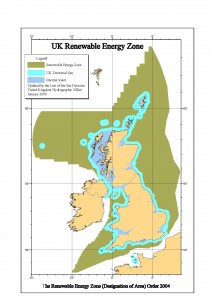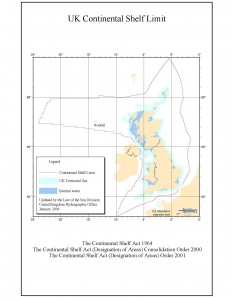 HSE and DECC have been busy drafting and amending legislation to transpose the Offshore Safety Directive (“OSD”) into UK law. As the grand reveal of these draft regulations and a formal consultation paper is imminent, it is worth reminding ourselves of the anticipated new and modified regulatory requirements that both Government and industry are, and will be, grappling with.
HSE and DECC have been busy drafting and amending legislation to transpose the Offshore Safety Directive (“OSD”) into UK law. As the grand reveal of these draft regulations and a formal consultation paper is imminent, it is worth reminding ourselves of the anticipated new and modified regulatory requirements that both Government and industry are, and will be, grappling with.
First, we look at liability for environmental damage.
The OSD extends the meaning of “water damage” under the Environmental Liability Directive (“ELD”) to include damage to “marine waters”, which includes the waters of the renewable energy zone and continental shelf. This change increases the range of remediation actions that companies can be required to carry out in the event of a spill outside national territorial waters.
Article 7 of the OSD requires Member States to ensure that petroleum licence holders are financially liable for the prevention and remediation of environmental damage as defined in the ELD. On the face of it, this appears to reflect the prevailing position under UK law whereby licensees are jointly and severally liable under the petroleum licence and then typically agree in a Joint Operating Agreement (“JOA”) to apportion liability amongst themselves pro-rata to their interest share. However, the liability apportionment in the standard North Sea JOA may not be consistent in every detail with the article 7 requirement.
The UK Government will have to decide whether it needs to take ste ps to address the standard liability apportionment in North Sea JOAs which it is asked to approve. The Government will also need to consider whether the OPOL regime, under which operators (as distinct from licensees) assume liability for pollution damage, is compliant with article 7.
ps to address the standard liability apportionment in North Sea JOAs which it is asked to approve. The Government will also need to consider whether the OPOL regime, under which operators (as distinct from licensees) assume liability for pollution damage, is compliant with article 7.
Finally, the OSD requires Member States to ensure that licences are not granted until satisfactory evidence has been provided that the applicant has or will make adequate financial provision for potential liabilities. This is not a new concept in the UK offshore world, however the Government, oil and gas industry, and insurers will need to tackle the question of how to factor extended ELD damages into financial provision calculations.

